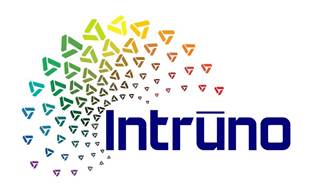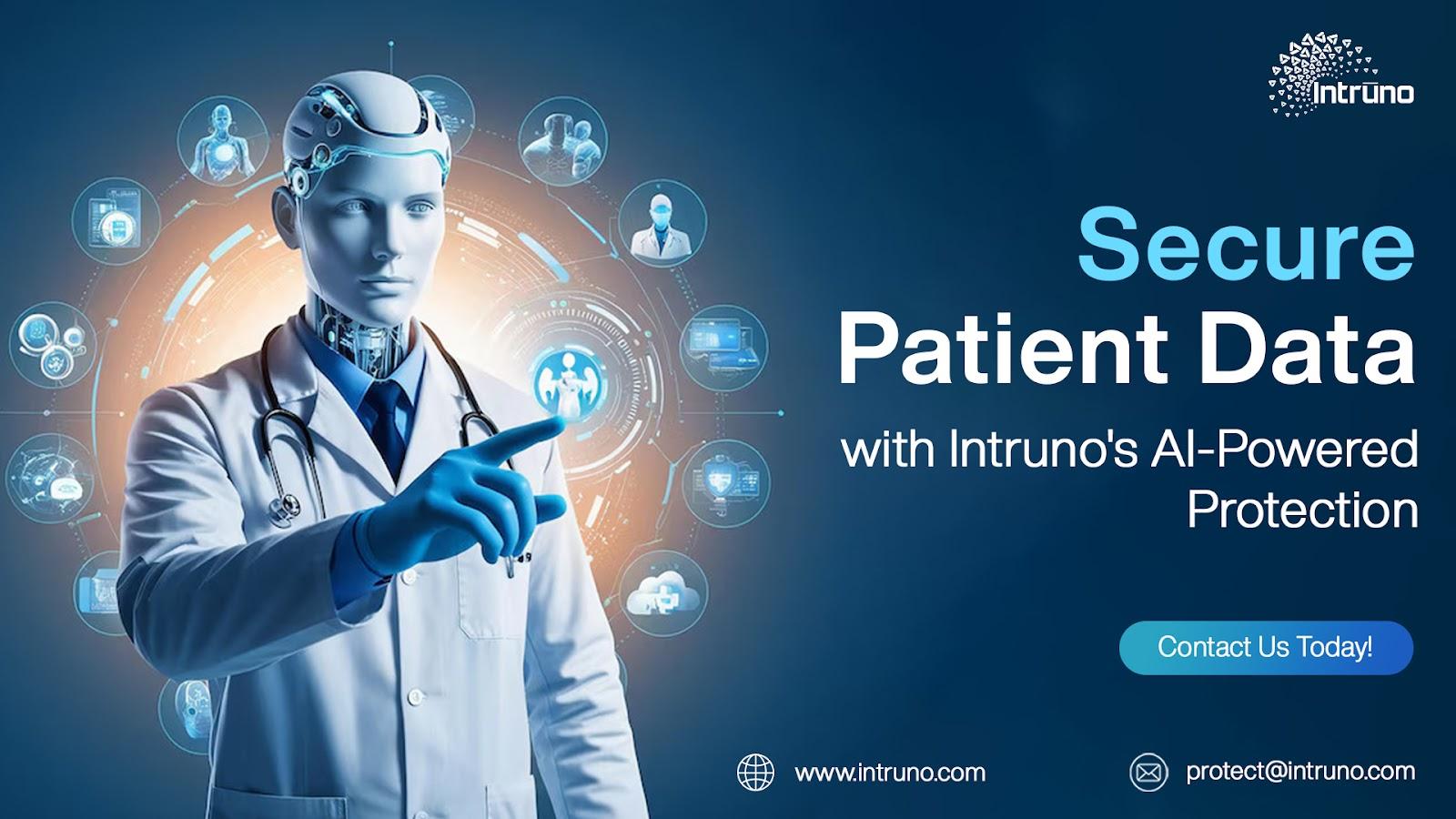Healthcare industry depends on electronic medical records systems to maintain and process sensitive patient information, which means there is a serious risk of breach and unauthorized data access. Artificial intelligence makes all the difference, providing smarter, more effective access monitoring and ways of securing health care.
This article discusses how AI is revolutionizing access monitoring in healthcare through its detection capabilities, the benefits over traditional systems, and real-world insights for implementation. We will also discuss privacy monitoring software that helps in HIPAA compliance.
AI in Access Monitoring
AI improves user access monitoring by enabling detailed tracking and detection of anomalies. Unlike traditional systems, AI does not depend on static rules; rather, it adapts to evolving access patterns and detects deviations that might signal a security concern.
Key AI-based access monitoring features include the following:
Behavioral Analysis: AI will track user behavior and determine abnormalities, such as access made outside regular working hours or from unusual locations.
Data Pattern Recognition: AI identifies activities outside the norm by examining a typical data interaction pattern.
Prioritization of Detection: AI classifies the issues detected in order of risk.
These capabilities allow healthcare systems to remain vigilant in monitoring access to sensitive data, ensuring compliance and security.
Benefits of AI Compared to Traditional Access Monitoring Systems
AI-based access monitoring has several benefits compared to traditional systems:
Scalability: AI can easily handle large volumes of data, making it ideal for large healthcare organizations with complex workflows.
Continuous Improvement: Unlike static systems, AI improves over time through learning from new data and patterns of access.
Proactive Detection: While not preventive, AI detects potential risks before they escalate, ensuring timely action.
This dynamic and adaptive approach addresses healthcare systems’ complex, ever-changing demands, reinforcing Patient Privacy Monitoring while aligning with compliance standards.
Practical Insights for Implementation
Healthcare organizations looking to adopt AI-based access monitoring can follow these steps:
Defined job roles and clear responsibilities : Robustly defined job roles helps team members in streamlining process and reduces potential violations.
Utilize Privacy Monitoring Software: Use tools specifically designed to detect access anomalies and behavioral irregularities, such as Patient Privacy Monitoring Software.
Leverage AI Detection Tools: Use tools that identify access anomalies and behavioral irregularities.
Regular Reviews: Analyze AI-detected risks and refine policies as needed.
Invest in Training: Educate staff, including Privacy Officers, on how AI systems operate and their role in upholding security standards.
Integrate Seamlessly: Ensure the AI system integrates smoothly with existing healthcare workflows and infrastructure.
Advanced Tools for Privacy Monitoring
Healthcare systems can now use AI-driven Privacy Monitoring Software to improve data security. Based on complex analytics, the tools deliver real-time access to anomalies and behavioral trends. Patient Privacy Monitoring Software ensures that breaches are identified in advance and that sensitive information remains secure.
Additionally, AI increases the functionality of Risk and Compliance Analytics by giving organizations actionable data that maximize processes while ensuring adherence to HIPAA and any other regulatory frameworks. Adding such tools catered to Privacy Officers ensures that privacy protocols remain unchanged and continue to be improved, thus building and nourishing trust and transparency in patient care.
Conclusion
AI will transform the medical industry by building smarter and more effective access monitoring systems. It will also build robust Privacy Monitoring and regulatory compliance systems by detecting anomalies, prioritizing risks, and adapting to changing environments. Advanced Patient Privacy Monitoring Software helps secure sensitive information without compromising operational efficiency, thus helping healthcare organizations.

